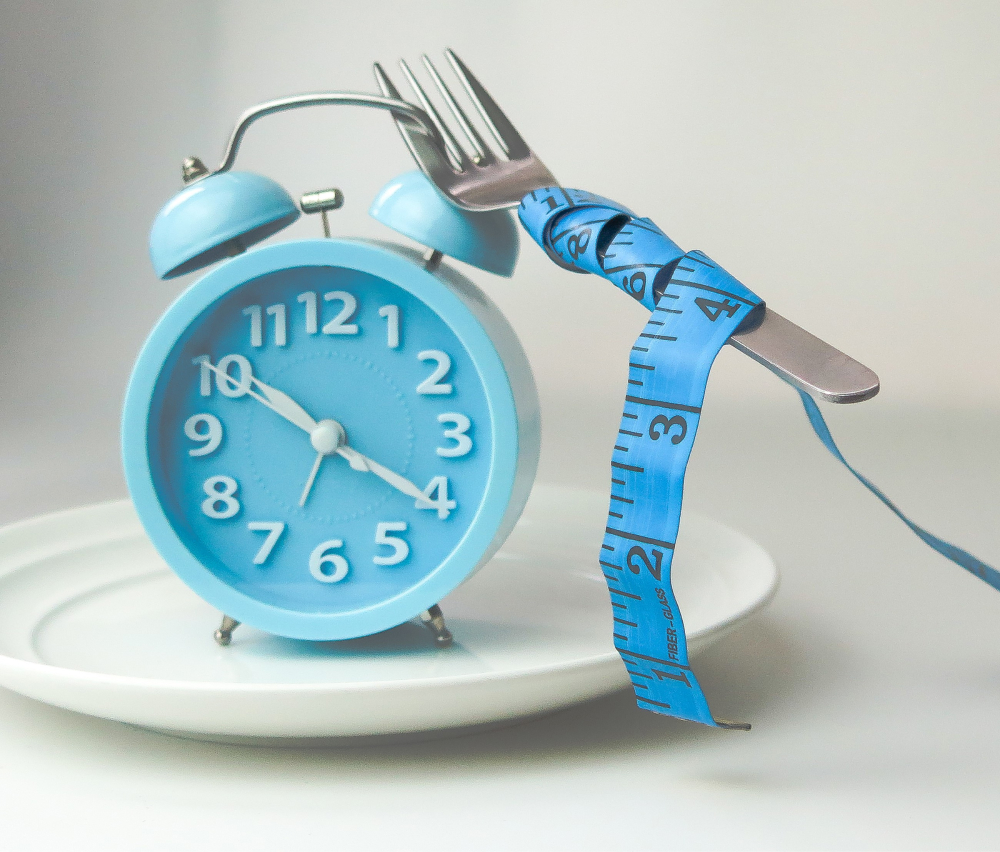Less-is-better: how to actually lose weight easily, with no consequences
To eat or not to eat after six? Does fractional nutrition help? What if you want pizza – but only those moments, when you are sad? We are going to tell you which methods for losing weight are simply myths, and which ones really work.

Breakfast or dinner: when to eat
Breakfast is often called the most wholesome meal and they recommend not to skip it – otherwise there is a good chance to eat more for lunch and dinner, and eventually gain weight. However, there are still no scientific studies proving this theory. One’s nutrition schedule is individual, and it should be built on the basis of personal habits, employment and comfort. For example, if you are used to a light breakfast and rather have a filling dinner in the evening, it’s okay if you don’t force yourself to eat eggs in the morning. The main thing is to monitor the amount of calories and what exactly you eat: the balance of proteins, fats and carbohydrates is important when it comes to weight management. But the time you have your meals is not.

That is why it is not necessary to follow another popular rule – do not eat after six. If your day is designed in such a way that you are still awake at midnight, the recommendation not to eat after six in the evening will doubtlessly affect the weight loss – you will go to bed starving and eat more than you planned in the morning (and if you eat like this for several weeks, you will not lose weight, but rather put it on). You can reduce the number of calories without barbaric methods – for example, replacing a hearty breakfast with a slightly less hearty one.
Fractional Nutrition: will it help or not
A popular legend about the relationship with food: fractional nutrition helps to lose weight. This theory is based on the fact that our body spends energy on the digestion of food, which is true. However, the daily energy expenditure is composed of three elements: the basal metabolic rate, the cost of physical activity and thermogenesis – the share of the latter is only 10%.
Therefore, if you do not plan to reduce the daily ratio, the energy expenditure for thermogenesis will not be significant. But there is a risk that with fractional meals you will “get up from the table a little hungry”, you will eat more often – and as a result, you will eat more than you need.
The only truly effective way to lose weight is to keep a slight calorie deficit – that is, spend a little more (for example by adding physical activity) than you receive.
I can’t eat. But what if I am sad? Then may I?
Food can and should be varied: it’s okay to include cookies or ice cream in your diet if you are really craving them. After all, food is an affordable pleasure, too.
However, you should not replace emotional experiences with food: loneliness, boredom, an attempt to rein in annoyance or cope with weariness – solving problems with your favorite dishes or treats will not work. Most likely, you will get the opposite effect – you will eat more than you meant to, and then you will be ashamed of yourself for overeating.
In order to reduce weight – and, most importantly, reduce it without gaining it back on – you need to be patient. It will take time to rebuild your own eating behaviour. Try to keep a food diary – it is important to take notes of what you eat exactly throughout the day. Not only should you take breakfast, lunch, dinner and snacks into account, but also a packet of nuts eaten while watching TV, yogurt before bedtime, or a couple of glasses of wine. Alcohol is also caloric, and it is important to calculate these calories, too.
There are no universal recommendations related to weight loss – if possible, it is better to consult a nutritionist, gastroenterologist and endocrinologist. But perhaps we can mention one: add exercise to your life – because the more energy we need, the more calories we spend. And, of course, your attitude: do not rush, do not be nervous, believe in success and do not rush to extremes. Nutritionists recommend paying attention to your emotional state when you are sitting down at the table: a good option is not to be too hungry so you don’t throw yourself on food and eat more than necessary. It is worth considering the size of servings, and most importantly – do not be distracted while eating for anything other than the food itself (for example, watching a movie, reading a feed on social networks or books) – so as not to miss the feeling of fullness.
Learn more about SUPPLEMENT+, Weight
What to learn more? Read here:





